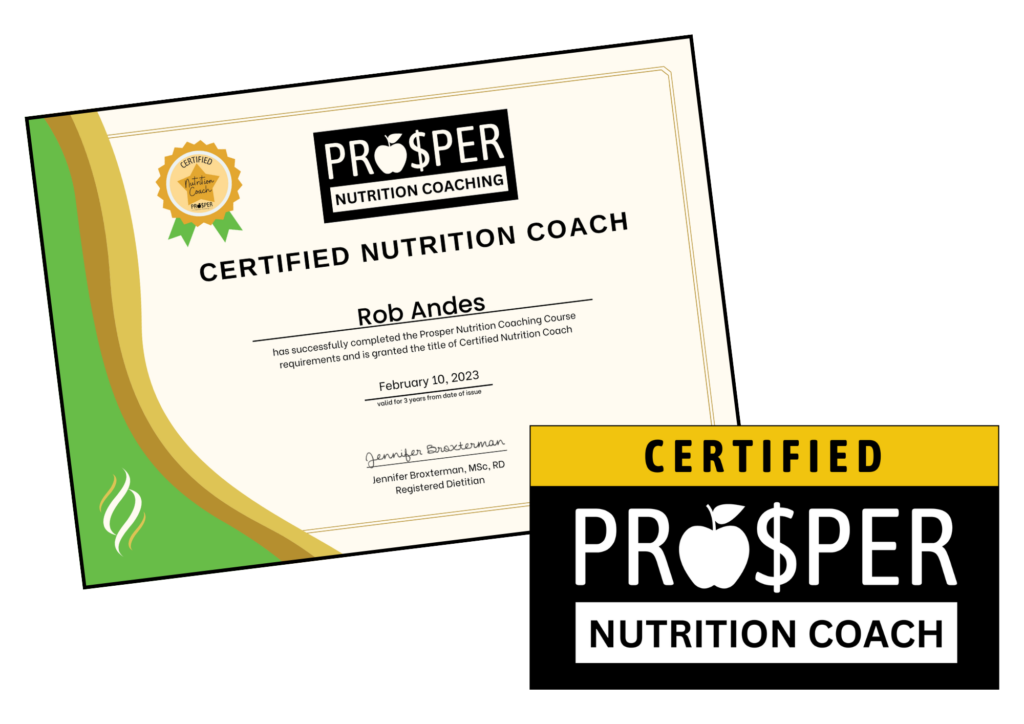

The 5 Things I Wish I Could Tell My Younger Self About Nutrition
The 5 Principles of Healthy Eating
Now that we are at the beginning of 2017, it’s hard not to reflect on the past year. Although I’m not one to make large resolutions, every year I like to reflect on the past 12 months and go over what went well and what didn’t go so well in every aspect of my life. This process makes it easy to pinpoint exactly what I’m going to focus on if I decide I want to make a change. For me, this past year was a whirlwind of new opportunities, incredible life lessons and some unexpected challenges. It’s very surreal that some of the worst moments of your life can actually turn out to be the best life lessons. Because I am in nutrition, I often have people ask me whether I ever make New Year’s resolutions about changing my diet. A recent conversation with a friend presented me with a question that I thought was really interesting: what advice would I give my younger self about nutrition?
Although I’d love to write a novel to my younger self because I’ve made A LOT of mistakes (including the decision to dye my hair some very unflattering colours), here are the top five pieces of advice that I would give myself if I could do it all over again:
1. Your body is a system.
Our bodies function like a system, where the inputs equal the outputs. I like to think of it like owning a car. If you don’t take a car in for regular servicing, oil changes, and fill it up with gas then it won’t perform well and will eventually deteriorate and break down. This process is similar in our bodies. If we don’t input the right food, enough food, and adequate sleep for example, then our body compensates by reducing its output. This results in reduced energy levels, worse performance at school / work, or slower recovery time from an injury (and the list goes on and on!).
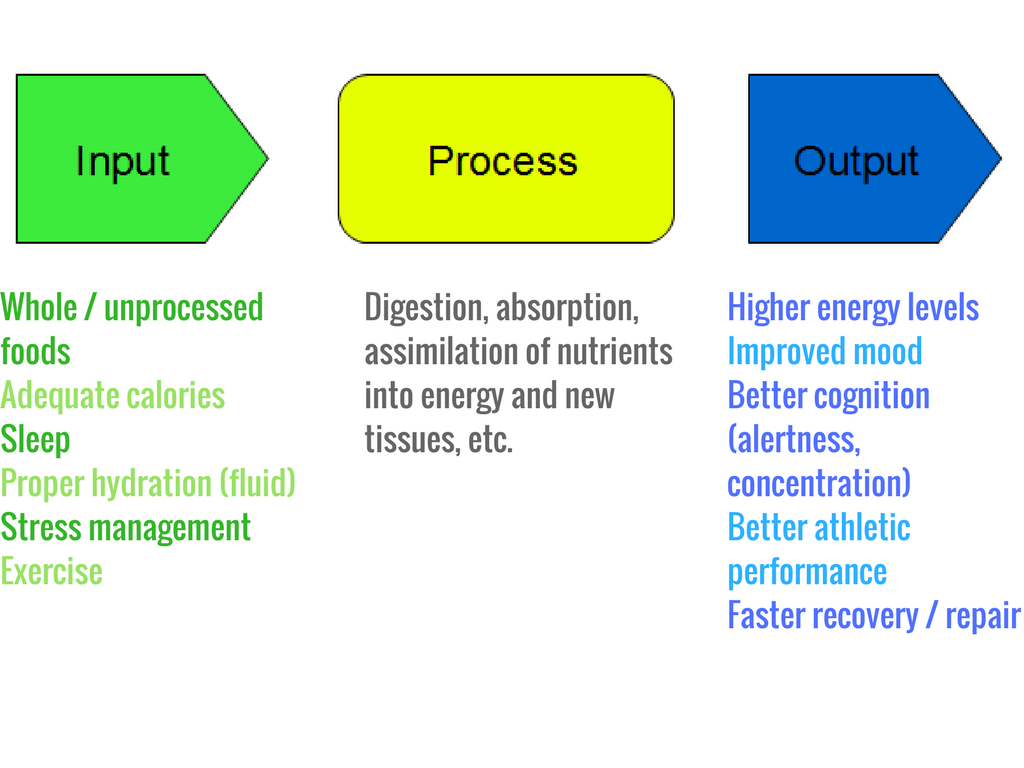
When completing my first degree, I lived off low quality packaged foods, because I just didn’t understand the importance of treating my body well. Although I was eating a reasonable amount of calories, I felt like total garbage. As a nursing student, I was juggling a full course load, plus at least two shifts per week in the hospital, plus homework. I had low energy, struggled with studying / writing assignments, and was just barely able to make it through an 8-hour clinical shift without taking a nap on the nearest stretcher. I didn’t see the connection between the quality of my diet and my performance. I wasn’t giving my body the nutrients it needed to keep up the constant maintenance it does – which took a huge toll on my whole body. As I grew as a healthcare professional, I started seeing patterns between disease and eating habits, and realized how crucial it is to prioritize the ‘inputs’. My relationship with my body now is like a relationship that I would have with my best friends or family – I would NEVER expect them to give and give and give without me giving something back in return. So now we have a relationship based on reciprocity, I give it a lot of attention and care so it can give back when I need it most.
2. Always be prepared.
The Boy Scouts are on to something! Humans are biologically programmed to quite frankly, be lazy. Our brains seek out the option with the least amount of effort involved. Compound that with hunger, very little time and a stressful day and it’s no wonder we hit the drive-through during lunch break or after work. If we want to be successful in healthy eating, we have to plan ahead. We wouldn’t expect to show up to an exam without studying and get a good mark, so why do we expect to be successful in healthy eating if we aren’t prepared?
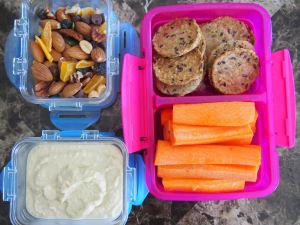
I have never, ever regretted the extra time that I put aside to prepare snacks for the week or to batch cook some freezer meals for the fridge. Having pre-made options has totally changed my eating habits and how I feel throughout the day. I make sure to always pack at least a couple snacks if I’m leaving the house for a few hours (my favourites are Kosuma bars, apple slices with almond butter and energy bites). If I know I’ll be gone for a big chunk of the day, I’ll also pull out a freezer meal to take with me so I have an easy lunch. The extra 30-60 minutes I spend a week prepping snacks or meals has been invaluable to help me reduce the amount of unhealthy, processed foods that I consume AND save me the expense of eating out frequently. If you’re new to meal prepping, the quickest and easiest way is simply doubling a recipe that you are making for dinner that freezes well and storing the extras immediately in individual portions in the freezer. Another option is starting a healthy meal exchange group – NutritionRx has a whole blog post dedicated to this topic.
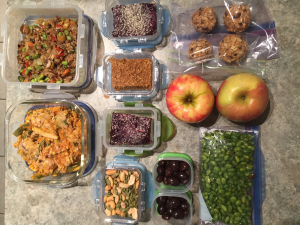
3. Make your home a sanctuary.
Our brains are hardwired to crave energy-dense foods high in fat and sugar. Although we live in abundance, our brains are still sending us the message to eat foods high in calories to promote weight gain to avoid starvation when food is scarce. There’s only one problem – the starvation period never comes (for most of us at least). Not only that, but foods high in sugar cause a massive dopamine release in the brain. This dopamine rush is a huge reward for our primitive brains, which make us want more. This leads us to the next problem – this reward system downregulates and there are less dopamine receptors available the next time you eat sweets, resulting in having to eat more or find something sweeter to get that same dopamine release. TOTALLY unfair right?! This is part of the reason why you may have (seemingly) constant cravings for foods like chips, cookies, chocolate, baked goods, etc. It’s also why you’ll never find yourself late at night hitting the bottom of the bag of frozen broccoli or trying to resist the seductive calls of brown rice in the cupboard.
So, knowing that my brain is always going to subconsciously crave sugar and fat, it became important to me to change my environment to make the unhealthy, calorie-dense option a harder choice than a healthy, nutrient-dense option. My significant other and I made a mutual decision to not bring junk food into the house, so neither of us is tempted. This doesn’t mean that we don’t eat any treats at all, we love candy and baked goods just as much as the next person. What it means is that if we really want a treat, we have to put in the effort to go out and get something or make something from scratch. Usually, we are too lazy and settle on a healthier option, like a piece of fruit, a small bowl of lightly salted popcorn or homemade banana ice cream. I want my home to be a place of zen and peace, not a battle zone where I’m not constantly having to wage a mental war and exhaust my willpower by seeing delicious treats. My home always feels like a safe sanctuary, where I am able to relax and feel confident knowing that I am living in line with my value of nourishing my body with delicious, healthy food.
4. Learn to cook.
Never in my KD-filled undergraduate nursing days did I think that one day I’d be able to cook healthy, delicious, homemade meals. Although my parents were overall fairly healthy eaters, they never truly learned how to season and prepare healthy foods, resulting in a lot of bland, soggy vegetables. As a result, I never learned how to cook and thought that all healthy food was doomed to be unappealing to the taste buds. Don’t get me wrong, I appreciated the effort and hard-work that my parents put into raising us kids on healthy foods, but if I wanted to make healthy eating a life-long, enjoyable experience, I knew I had to step up my culinary game.
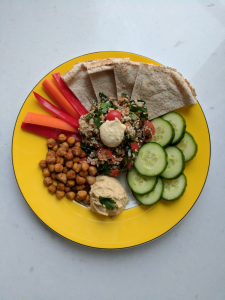
There is a whole world of delicious, healthy food out there to explore. It’s all about learning how to prepare and season the healthy food. For example, I know so many people who would turn down soggy, steamed broccoli, but I have never had anyone (even the biggest veggie haters!) not like my crunchy, oven baked garlic-parmesan broccoli.
There are so many ways to learn how to cook, like lessons or grabbing a new cookbook, but remember that the KEY is practice. Just like you couldn’t execute a perfect curveball in your first baseball game as a pitcher, don’t expect to be a Red Seal chef at the beginning. Practice makes perfect, so don’t give up if a few recipes go wrong. If you are looking for a really easy way to start learning how to cook, try a food delivery service, like Chefs Plate or HelloFresh. They deliver pre-portioned ingredients straight to your door and give you step-by-step instructions on how to prepare the recipes.
5. Ditch the scale (and “fitspo” for that matter).
Two years ago, I made the decision to ditch my scale for good. Now, that’s not to say I don’t care at all about my weight, what it means is that I’ve found a system to monitor my weight that doesn’t involve scrutinizing myself on a daily basis if I fluctuate a pound or two.
Here’s why: On any given day, a woman’s weight can fluctuate up to 5 lbs without any effect on fat mass (men can fluctuate up to 10 lbs!).
Your daily weight is affected by:
- Water – will fluctuate weight depending on how much muscle you have, how much exercise you’ve done, how hydrated you are, and how much salt you’ve eaten.
- Hormones – will fluctuate weight depending on what time of the day it is (male and female) and the stage of your menstrual cycle (if you’re a woman).
- Stomach contents – will fluctuate weight depending on how much food you have sitting in your stomach and intestines (you can carry up to 1-2 lbs of food in your GI tract!).
Hopefully this illustrates how easy is to gain a couple pounds from regular body processes, NOT added fat mass. Instead, I now focus on monitoring how my clothes feel and only weigh myself when I go in for my regular doctor’s checkups. I also will do a body composition test about once a year to check in on my lean body mass vs fat mass. I channel all of the energy I was wasting on beating myself up if I gained a pound or two into those ‘inputs’ that we were talking about at the beginning of this article.
I also unfollowed any ‘inspirational’ fitness and nutrition personalities on my social media. ‘Fitspo’? Ha, more like ‘fit-make-you-feel-like-a-load-of-crap-spo’. A healthy body image does NOT come from comparing yourself to someone else with TOTALLY different genetics. How can you possibly look identical or have the same size and shape as someone who doesn’t share the same parents as you? Heck, even our siblings can look completely different than us! There is nothing inspirational about social media shaming people for not having a “perfect” body according to society’s standards.
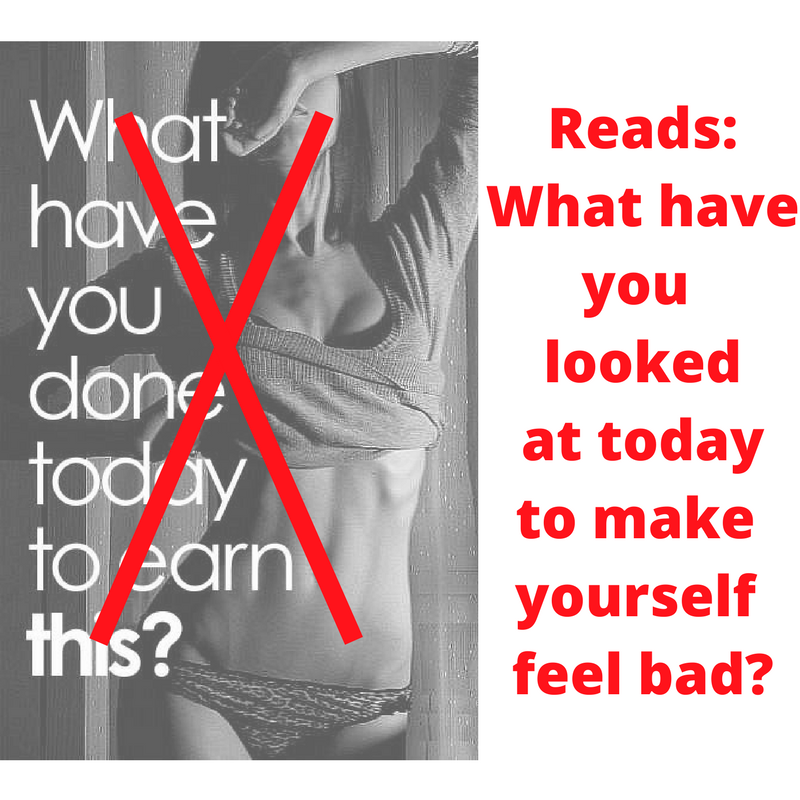
There is NOBODY else on this planet that shares the same shape, size and appearance as you (unless you have an identical twin). This is an incredible opportunity to create a healthy, happy, unique version of you that prioritizes healthy eating, exercise, and that cares more about treating their body well than obsessing over the bodies of other people.
So, there it is. The 5 things I wish I could tell my younger self about nutrition. Of course, there are many more things that I wish I would have learned earlier on but these are a few of the biggest lessons that stand out to me. While I’ll never have ‘perfect’ eating habits because I’ll always want to include the occasional cupcake or cookie into my day, I focus a lot on making healthy, delicious food a priority. And hey, let’s be honest, perfect’s boring anyways.
Wishing you health & happiness,
♡ Jen
Jennifer Broxterman, MSc, RD
Registered Dietitian
NutritionRx: happy, healthy living with our team of Registered Dietitians
Prosper Nutrition Coaching: a world-class nutrition coaching certification
+
+
+
Want to work with a NutritionRx Registered Dietitian?
Learn more here: Nutrition Packages & Rates
+
+
+
Want to become a Certified Nutrition Coach?
Learn more about our habits-based Prosper Nutrition Certification


